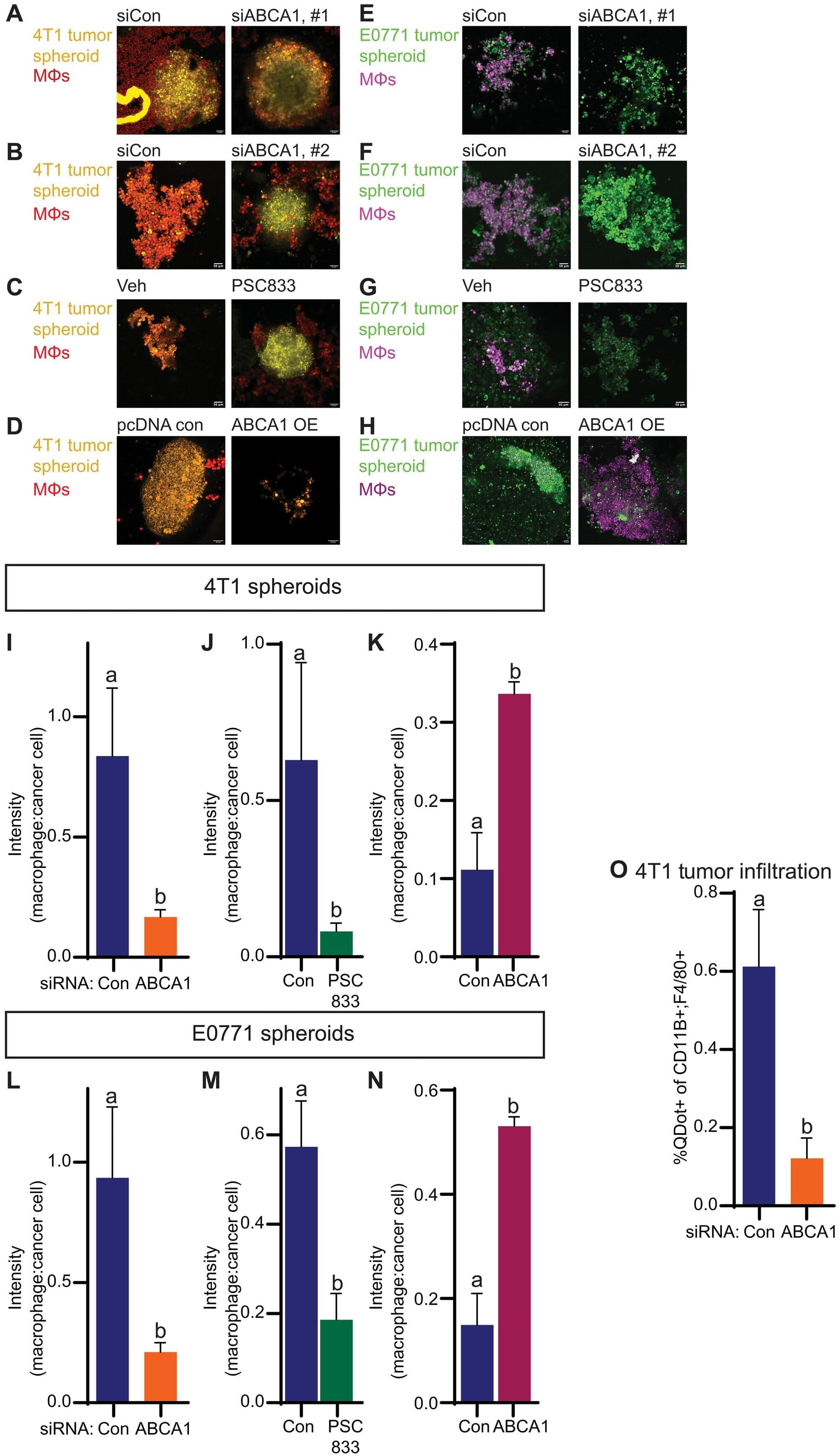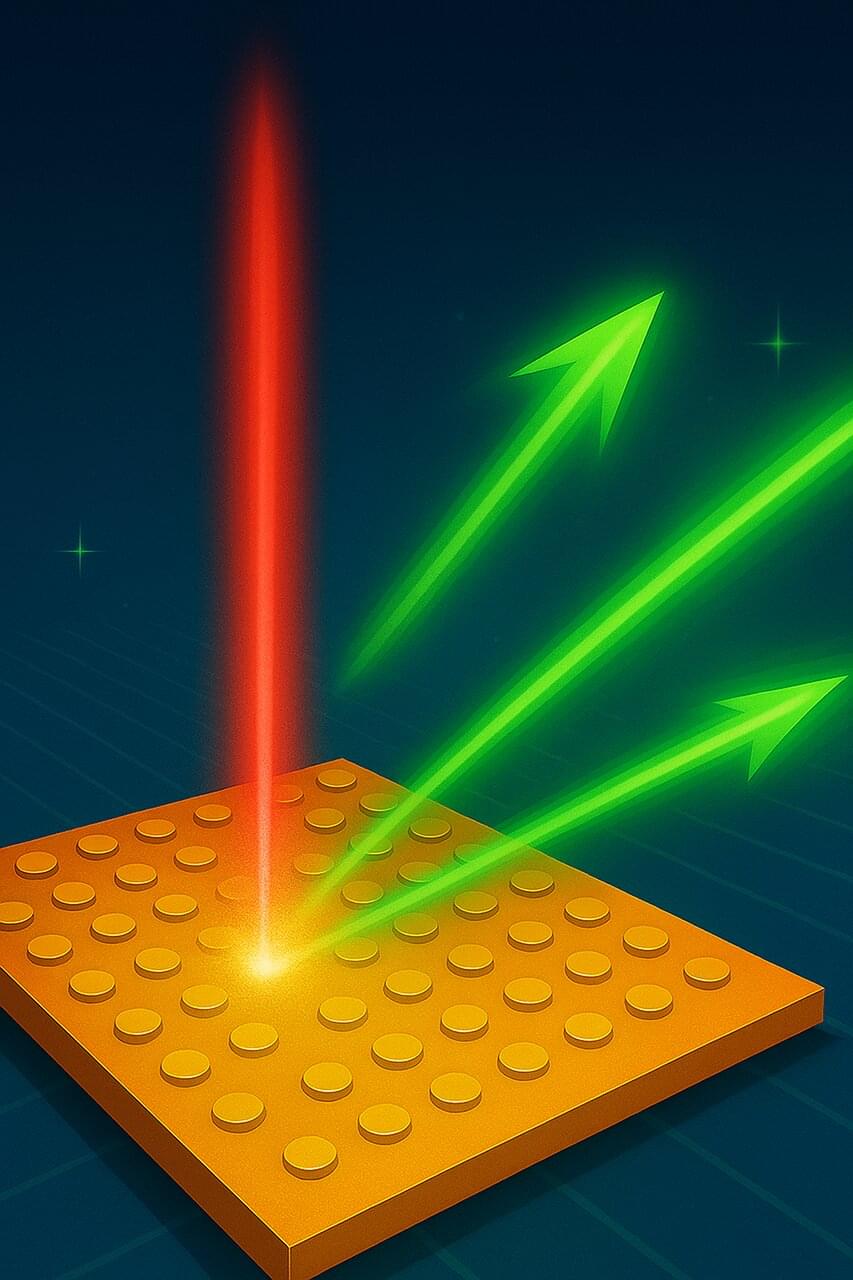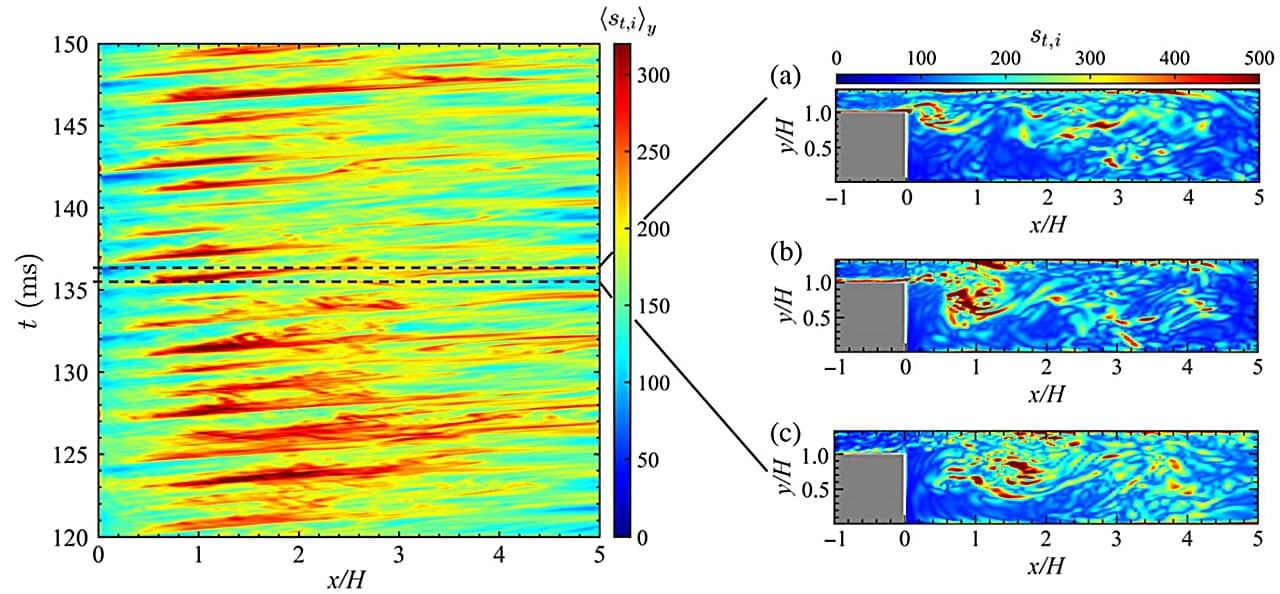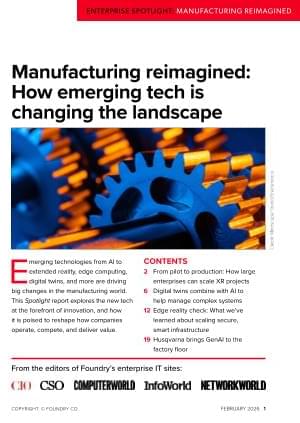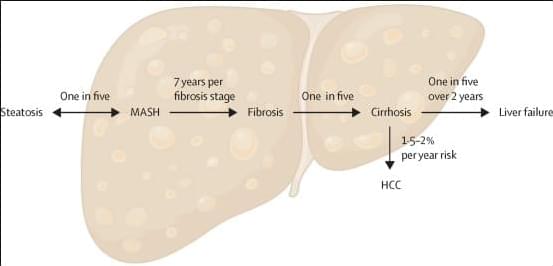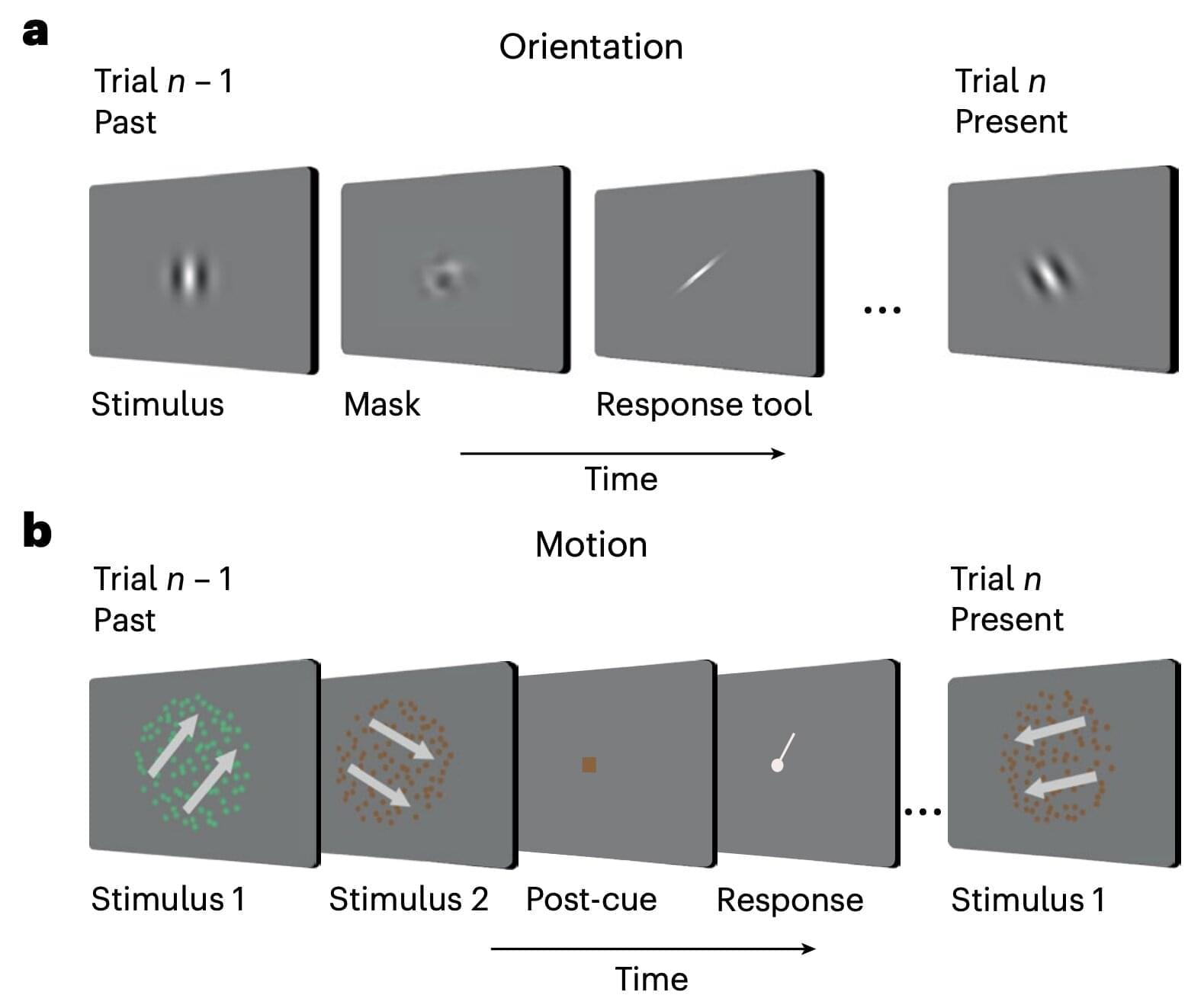In recent years, cancer researchers have made major breakthroughs by using the body’s immune system to fight cancer. One of the most promising approaches, known as immune checkpoint blockade, works by releasing molecular “brakes” on T cells. This allows them to better recognize and attack cancer cells. While these therapies can be very effective for some patients, many solid tumors, including most forms of breast cancer, remain largely unaffected. Cancer Center at Illinois (CCIL) Program Co-leader Erik Nelson and his research group are working to understand why these treatments fail.
Elevated blood concentrations of cholesterol have long been linked to cancer outcomes. In a new study, they found that a protein called ABCA1 is involved in transporting cholesterol out of a type of immune cell called macrophages, and in so-doing shifts them to an “attack cancer” mode.
“Immune based therapies have revolutionized how we can treat cancer, basically taking the brakes off of a type of immune cell called T cells so they can attack cancer,” Nelson said. “While this approach works well for some patients, many so-called solid tumors fail to respond or develop resistance mechanisms.”
